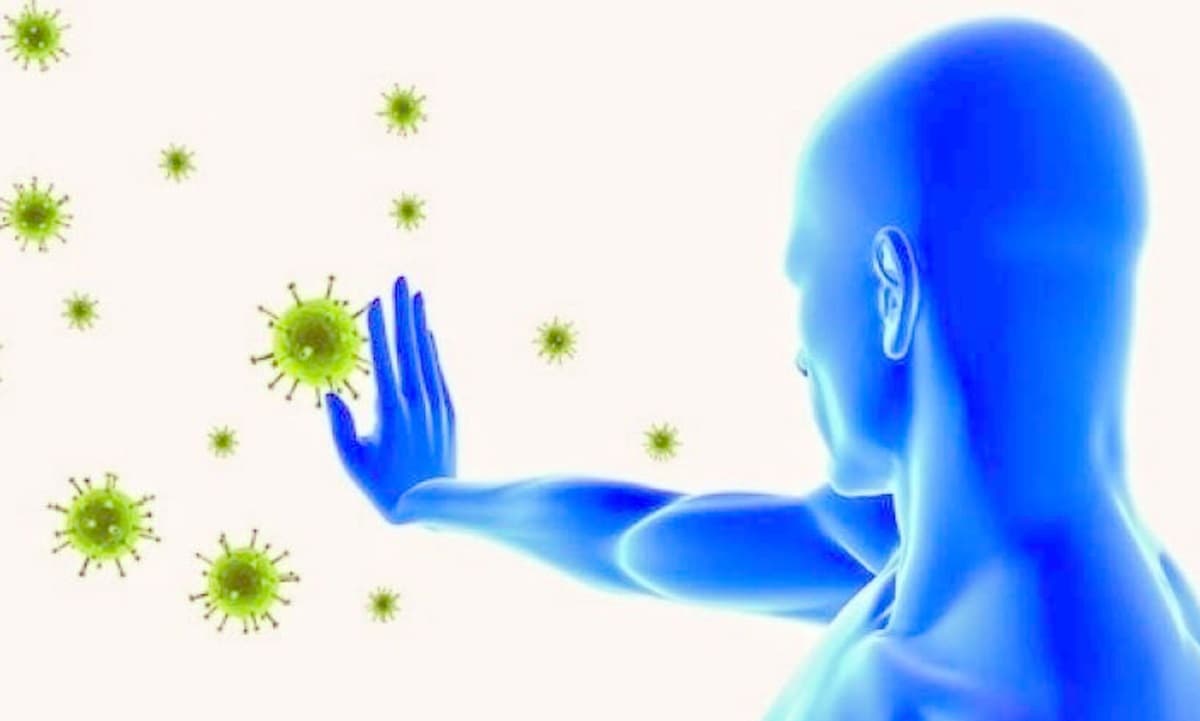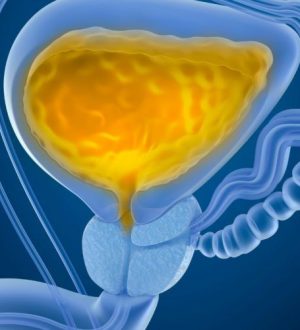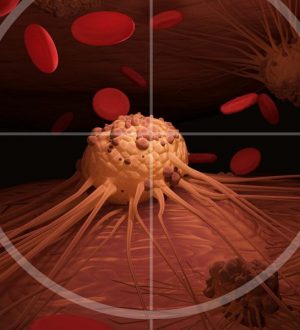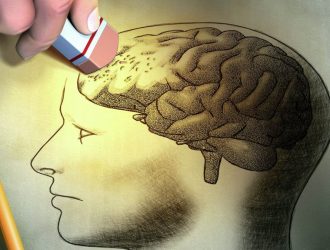
Cancer is caused by damage to your mitochondria. This damage converts a normal cell to a cancer cell. Anything that can create damage in your mitochondria can cause cancer.
Main things that increase risk of cancer
A few main things that increase risk of cancer are smoking, alcohol consumption, a poor diet, and high insulin. Consuming refined carbs and sugar and eating frequent meals can cause high insulin.
The more refined something is, or the more chemically processed something is, the more it will increase your risk for cancer. It’s vital to give special attention to the quality of your foods and avoid refined and processed foods.
The top things to avoid:
- Smoking
- Alcohol
- Omega-6 fatty acids
- Vegetable oil, seed oils, and corn oil
- Trans fats
- Sugar
- Refined carbs
- Processed foods
- Synthetic foods (including synthetic fiber and synthetic antioxidants)
- Frequent meals
Causes to decrease risk of cancer
A healthy diet and intermittent fasting are essential. Intermittent fasting and prolonged fasting may be the most important things you could do to lower your cancer risk.
You need to focus on consuming real, natural foods — not the synthetic versions of food. It’s essential to get your fiber and antioxidants from actual food and not the synthetic versions added to food or synthetic supplements.
Melatonin is fantastic to help decrease your risk of cancer. To increase your melatonin, you need to expose yourself to infrared light. This is as simple as being out in the sun.
Other things that can help lower your risk of cancer are consuming vegetables and getting plenty of exercise. Consuming just three servings of cruciferous vegetables a week can decrease your risk of getting certain types of cancer.
The top things you need to focus on:
- Consuming real, natural foods
- Lowering your insulin
- Consuming cruciferous vegetables
- Doing intermittent and prolonged fasting. Stay lean
- Exposing yourself to infrared light to help increase your melatonin and vitamin D (learn more about melatonin’s vitamin D addiction)
- Exercising
- Consuming omega-3 fatty acids
- Make quality sleep a priority
Data
- https://www.health.harvard.edu/newsletter_article/the-10-commandments-of-cancer-prevention
- https://pubmed.ncbi.nlm.nih.gov/23237739/
- https://pubmed.ncbi.nlm.nih.gov/23477999/
- https://pubmed.ncbi.nlm.nih.gov/8080949/
- https://pubmed.ncbi.nlm.nih.gov/9498892/
- https://www.ncbi.nlm.nih.gov/pmc/articles/PMC8040874/
- https://pubmed.ncbi.nlm.nih.gov/9435813/
- https://www.ncbi.nlm.nih.gov/pmc/articles/PMC3078250/
- https://pubmed.ncbi.nlm.nih.gov/28925728/
- https://pubmed.ncbi.nlm.nih.gov/22701472/








Quick summary:
Smoking = bad
Obesity = bad
Chronic Alcohol = bad
Refined Carbs and Sugar = bad
Fasting = great
my father had lung cancer because he smoked since he was a teenager. He passed away in 3 months. it had spread to his brain already and to his lymphatic system when it was discovered. I wanted him to do keto with literally no carbs but sadly it was his choice and his eating habits weren’t going to be broken without his dedication.